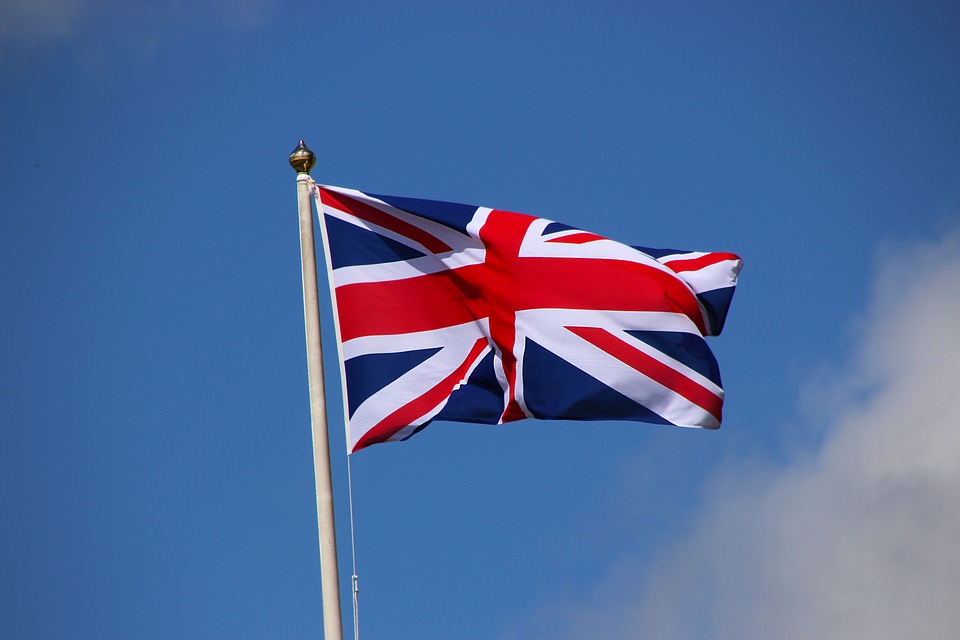The Environmental Audit Committee (EAC) in the UK Parliament has launched a new inquiry in an effort to look at how the shipping and aviation sectors can best achieve net-zero emissions.
As explained, shipping and aviation together make up 10% of UK greenhouse gas emissions, and decarbonising these sectors will play a key role in achieving net-zero emissions by 2050.
The International Maritime Organization (IMO) warns that carbon emissions from shipping are projected to increase by up to 50% above 2018 levels by 2050 if no action is taken. What is more, aviation is set to be the largest emitting sector by 2050 on current trends.
During the inquiry, the EAC will be considering a number of areas which could play a significant role in reducing emissions for the two sectors.
These include the commercialisation of new technologies and low, transitioning to zero, carbon fuels; reductions in demand; and options to drive international action to lower global emissions from these sectors.
The European Commission recently unveiled its ‘Fit for 55’ plan which will tax aviation and maritime fuels for the first time while setting targets on shipping emissions and sustainable aviation fuels. This is in addition to the expanded Emissions Trading Scheme covering shipping within the EU from 2023.
“Aviation and shipping make up 10% of the UK’s greenhouse gas emissions. As we get back to normal after the pandemic, we must find ways to support the aviation and shipping sectors while drastically reducing their carbon footprint: it won’t be plain sailing but failure to do so will never see net zero Britain take off,” Rt Hon Philip Dunne MP, Environmental Audit Committee Chairman, said.
“International shipping transports more than 80% of global trade, and if no action is taken, its emissions could double by 2050,” he added.
“There are bold ambitions – unveiled by the government only last week – for new technology to lower our share of international aviation’s carbon emissions to net zero by 2050. It is welcome that the government has launched serious engagement in this year of COP26 to include these emissions in developing plans for Net Zero Britain. But the technical challenges are immense and we wish to shine a light through this inquiry on the opportunities and risks in achieving these goals.”
The committee is inviting written submissions by 3 September 2021.
Source: Offshore Energy






